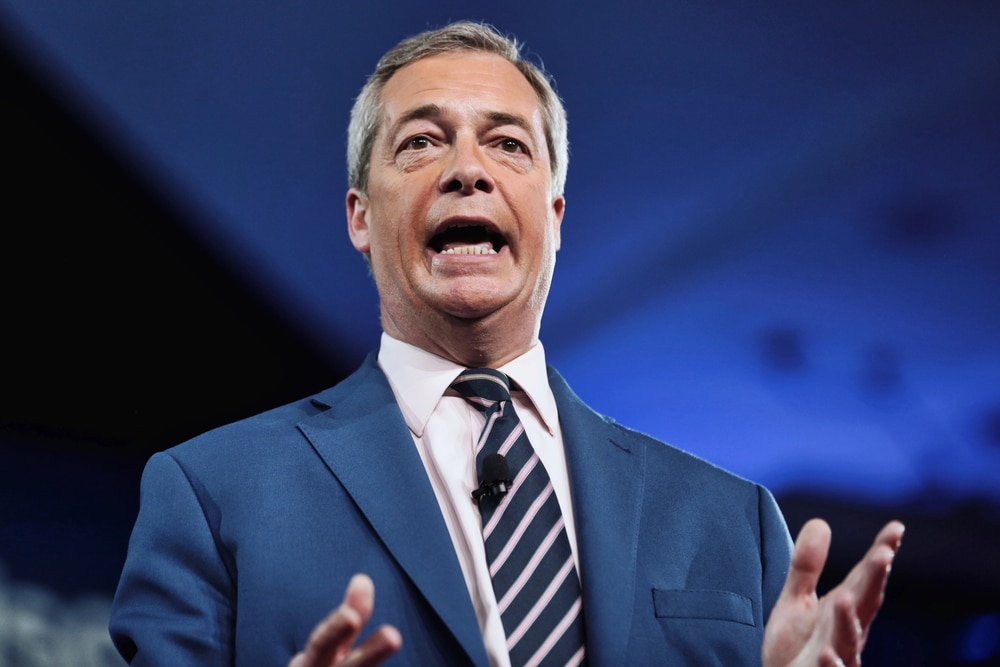The recent elections in the United Kingdom and France underscore a broader trend of political stagnation and directionless muddling within Europe. Despite clear signals from voters rejecting the status quo, the established elites are resisting substantive changes, thus perpetuating a cycle of political inertia.
In the United Kingdom, the Labour Party’s landslide victory marks a significant shift in the political landscape. Labour, under Keir Starmer, secured a historic majority, unseating the Conservatives after fourteen years in power. However, while this victory represents a clear mandate for change, the realities of governing a post-Brexit Britain with limited resources pose significant challenges. Starmer’s administration inherits an economy strained by Brexit and the COVID-19 pandemic, with little fiscal room for transformative policies.
Starmer’s victory speech hinted at a desire for a “bigger reset,” yet he stopped short of promising any radical departures from existing policies. This cautious approach suggests a continuation of centrist policies, focusing on incremental changes rather than sweeping reforms. The significant gains by Reform UK, a right-wing party advocating for further Brexit-related measures, indicate a substantial portion of the electorate remains dissatisfied with the current trajectory. Thus, while Labour’s victory is a rejection of Conservative governance, it does not necessarily signal a decisive shift towards new political directions—far from it, in fact, Starmer being an inheritor of the New Labour, centrist mantle of Tony Blair, trying his best to marginalize more left-wing voices.
In France, the snap parliamentary elections resulted in a hung parliament, complicating President Emmanuel Macron’s efforts to stabilize the political landscape. The left-wing New Popular Front (NFP) coalition, while successful in keeping the right-wing National Rally (RN) out of power, now faces the daunting task of navigating a fragmented political environment. Macron’s centrist Ensemble alliance, although recovering in the second round, still fell short of a majority.
The NFP’s victory, though significant, highlights the challenges of coalition politics. Comprising a diverse array of left-wing and centrist parties, the NFP must now reconcile differing agendas to govern effectively. This internal diversity, coupled with Macron’s resistance to forming alliances with the more extreme elements of the coalition, which had he failed to do so almost certainly would have led to a National Rally victory, suggests a period of political gridlock—cue his senatorial ally Gerard Larcher stating his intent to undermine the new government should Macron appoint a prime minister from the NFP…because, you know, democracy is only acceptable when it produces outcomes the establishment prefers.
In summary, Macron’s strategy of calling snap elections to clarify the political situation backfired, leading to greater uncertainty and a weakened mandate.
These election outcomes in the United Kingdom and France are emblematic of a broader European trend where established elites are resistant to substantive change, despite voter discontent. In Germany, polls indicate widespread disenchantment with the political establishment. Similarly, in Italy, the victory of the right-wing Brothers of Italy did not translate into significant policy shifts, further underscoring the inertia within European politics.
This pattern of muddling through without clear direction has several implications. The reluctance of established elites to embrace substantive reforms leads to a cycle of political stagnation. Incremental changes fail to address the underlying issues driving voter discontent, perpetuating a sense of frustration and disillusionment. As mainstream parties fail to deliver meaningful change, populist and fringe parties gain traction. The win for the Brothers of Italy, the success of Reform UK and the sustained support for the RN in France, to say nothing of the rise of the Alternative for Deutschland (AfD) in Germany, are indicative of this trend. Populist parties capitalize on voter frustration, advocating for radical changes that resonate with a disenchanted electorate.
The rise of coalition politics and hung parliaments, as seen in France, complicates governance. Diverse coalitions struggle to maintain unity, leading to policy gridlock and ineffectiveness. This fragmentation further erodes public trust in the political system. This political instability within key European states poses challenges to European unity and the project of further European integration, and complicates efforts to address continent-wide issues such as economic growth, immigration, and security.
Watching all this unfold, libertarians in America find themselves in an awkward position. On the one hand, only a truly United States of Europe could ever say “No!” to the United States of America, eliminating Washington’s ability to play members off against one another, and taking a truly independent course in world affairs, knee-capping Washington at a blow. On the other hand, the European Union (EU), is a bureaucratic nightmare straight out of our absolute worst dreams—to say nothing of the fact that the most prominent right-wing European federalists, the German Manfred Weber, argues supporting Ukraine and Israel are prerequisites for any cooperation.
A third course is open, of course: the dissolution of the Union into once again competing states.
Given its history of virtually continuous war for a thousand years, such a course doesn’t seem promising; and Britain’s post-Brexit record certainly hasn’t been impressive.
One thing is tragically clear: to paraphrase Jean Monnet, one of the fathers of European integration, Europe has been forged in crises and is the sum of the solutions adopted to meet those crises. Much disappointment has been the result.

































